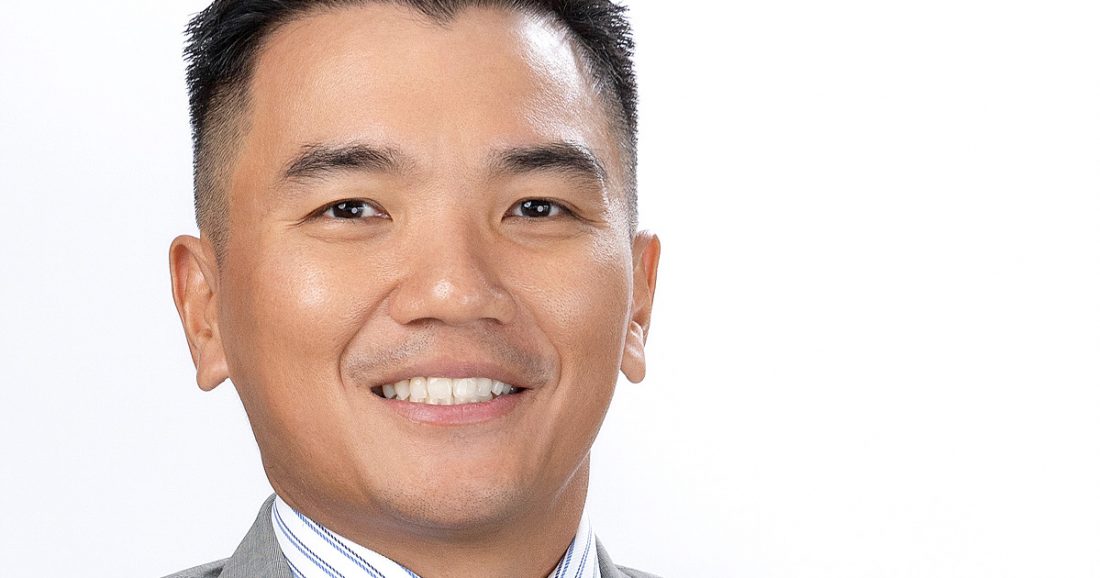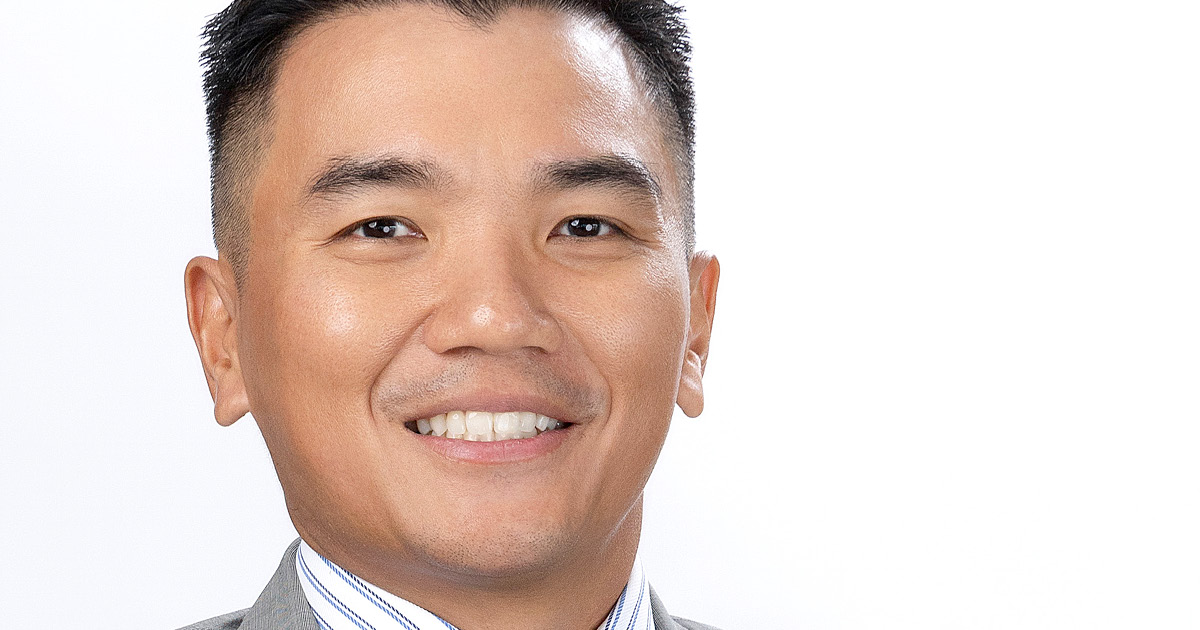The dream of home ownership is alive and well in the Philippines. A 2022 survey found that 62.1 percent of Filipino families own their homes. In a country with a population of more than 115 million, it’s a significant number by anyone’s measure.
That there were enough homes to go around is testament to the dedication and skill of the nation’s developers. One industry leader is Cebu Landmasters (CLI), for whom residential is just one piece of a much bigger picture.

“We’ve got developments in hotels, offices, mixed use and retail, but by and large we’re still a housing developer.”
“We’re in a very good position right now,” says Grant Cheng, CFO and Executive Vice President of CLI. “In fact, on the surface, it might appear as if we’ve grown too fast or that we’re taking on more than we can handle.”
Look deeper, he says, and CLI is revealed as a firm with a considerable percentage of completion and the coffers to match.
“You have to spend money to make money in real estate. We know how comfortable our position is; we can meet any future obligations,” he says. “But better still, there’s much more room for expansion in the market, particularly with our understanding of it.”
Hot Property
An allrounder with a significant presence in the residential, commercial, luxury accommodation, co-living and township sectors, CLI operates with a vitality that belies its 21 years.
A good proportion of that energy comes from Cheng, who took on the role of CFO aged 38. In 2022, he was named as the youngest ever ING FINEX CFO of the Year through his work with CLI.
“CLI is an integrated real estate developer,” Cheng says. “We’ve got developments in hotels, offices, mixed use and retail, but by and large we’re still a housing developer. That means providing residential units, be it horizontal or vertical condominiums.”

Advertisement
Cheng’s tenure has seen some dramatic changes at CLI. While the current portfolio is enviable, there’s much more in the pipeline. “When I came on board, we weren’t operating any hotels. Today we have four, with another six under construction,” he says.
“We’ve got a few tens of thousands of gross leasable areas that’s coming online. We’re pouring billions into rounding out our portfolio to be more diverse. That’s one aspect.”
The other aspect of CLI’s growth is the organizational improvements and enhancements made over the past five years. “That’s everything from streamlining our operations, automating some processes and developing the ability to operate a business at scale,” Cheng says.
“You must keep in mind that the strategies you used when selling 1,000–2,000 houses are not going to work when you’re selling tens of thousands. The ability to adapt to reality and scale up again is critical, and that’s the journey we’ve been on at CLI since I joined in 2019.”
Extending Growth
If Cheng’s first five years was a burst of expansion, the next will be a steadier flow. “First, as we open up our recurring income portfolio, we’d like to be the first in the country to launch a hospitality-centric real estate investment trust,” he explains.
“Most of the real estate investment trusts (REITs) in the Philippines are very office-based, whereas our hospitality REIT would offer a different investment thesis.”
This means trading the vocabulary of office leasing for daily room rates, occupancy rates, tourism and infrastructure as it builds up around the country.
“I believe it’s a unique selling proposition and something the market hasn’t seen for investors who want to diversify not only geographically, but also within the real estate space,” he says. “Hospitality has a very different risk reward profile than offices.”

“The challenge in growing a company of this size is to be able to maintain the quality and execution consistent with what’s brought us here.”
The second part of CLI’s future strategy is a venture into what Cheng believes are prime markets in order to boost exposure of the CLI brand.
“We have a very strong intent to expand into metro Manila if the right opportunities for acquisitions and partnerships present themselves,” he says.
“The challenge in growing a company of this size is to be able to maintain the quality and execution consistent with what’s brought us here.”
How that’s achieved by a real estate company in an archipelago is, he adds, the heart of the challenge.
“From labor to materials, everything is different from island to island. There’s a certain amount of logistical and operational competence that needs to happen in the background for us to be able to deliver the same quality growth and consistent performance. There’s very little room for error.”
Building Bridges
That’s why CLI maintains a network of partners and suppliers to ensure such consistency. Filipino Homes, for instance, allows CLI to reach clients and provide the best possible property management service.
“We treat our partners as equals. CLI is family inspired, and the founding family is still very much involved. Real estate is their life, and they actively manage all these business relationships, be it with banks, joint venture partners, suppliers or contractors,” Cheng says.
“At the end of the day, it’s great to have collaborative partnerships where you constantly help each other in terms of sharing ideas and insights and keeping across current trends as opposed to transactional, short-term relationships.”

“We treat our partners as equals. CLI is family inspired, and the founding family is still very much involved.”
A well-defined and resilient business model has made all the difference to CLI’s success, Cheng says.
“If I’m selling a house for five million pesos, and I plan to deliver as a pre-sell model in the next five years, I need a strong planning mechanism in place to respond to market dynamics. That’s one of my big takeaways from my time in this industry.”
Another? Do the right thing. “It’s easy to take shortcuts, but not for me. Strong governance has allowed us to grow smoothly, and as you grow, people start paying attention. When that happens, you need to justify the way you’ve done things,” he says.
For CLI, Cheng says laser focus on the right places has made for a winning formula.
“We’re relatively young. We still have an underdog mentality. Yes, we’re growing, but we don’t want to lose sight of our core competency, which is real estate development.”




